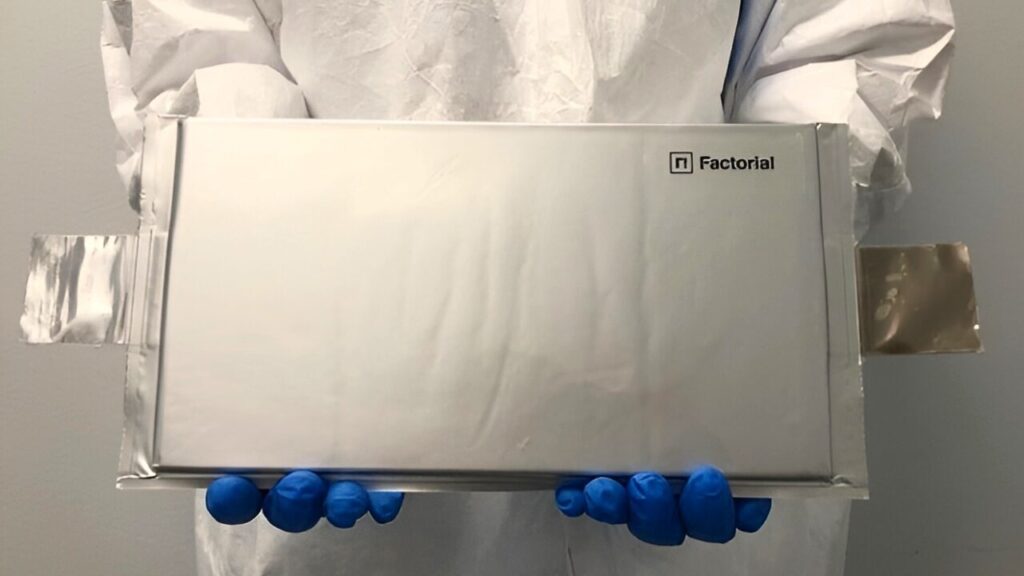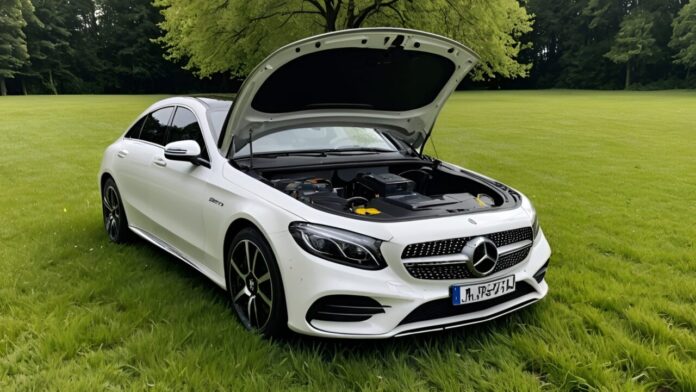Mercedes has recently received the next-generation solid-state battery prototypes with a 106 Ah capacity from Factorial Energy. These batteries are an improvement over the previously delivered 100 Ah samples. What makes these batteries so remarkable? Here are the details:
Mercedes Acquires Future Solid-State Batteries from Factorial Energy: Key Features
Factorial Energy, an American company making significant strides in solid-state battery technology, has developed these advanced batteries. Compared to traditional lithium-ion batteries, these solid-state batteries offer enhanced safety and significantly higher energy density. With its FEST (Factorial Electrolyte System Technology) innovation, Factorial has achieved an impressive energy density of 391 Wh/kg, promising substantial range increases for electric vehicles.
Mercedes has now received the 106 Ah prototypes from Factorial Energy, which are slightly more advanced than the previous 100 Ah versions. Mercedes will integrate these batteries into their battery modules to test whether they meet stringent technical and performance requirements.

Mercedes CTO Markus Schäfer emphasized that this collaboration is a crucial part of the brand’s strategy to lead in innovative battery technologies. Siyu Huang, CEO of Factorial Energy, expressed excitement about working with a global automotive leader like Mercedes. Factorial Energy noted that existing electric vehicle battery production equipment could be used to manufacture these solid-state batteries, which means that large-scale production could commence without major modifications to current production facilities. This offers significant cost and time advantages.
These solid-state batteries are expected to deliver longer ranges, shorter charging times, and safer usage, aligning with the high expectations of electric vehicle users.
Is Mercedes on the Right Track with Its Investment in Electric Vehicles?
Mercedes’ investment in advanced battery technology reflects a forward-thinking approach to the evolving electric vehicle market. By focusing on solid-state batteries, the company aims to address critical consumer concerns about range, safety, and charging time, positioning itself as a leader in the sustainable automotive industry.
What are your thoughts on Mercedes’ strategy and the potential impact of these new solid-state batteries on the electric vehicle market? Share your opinions in the comments below!

